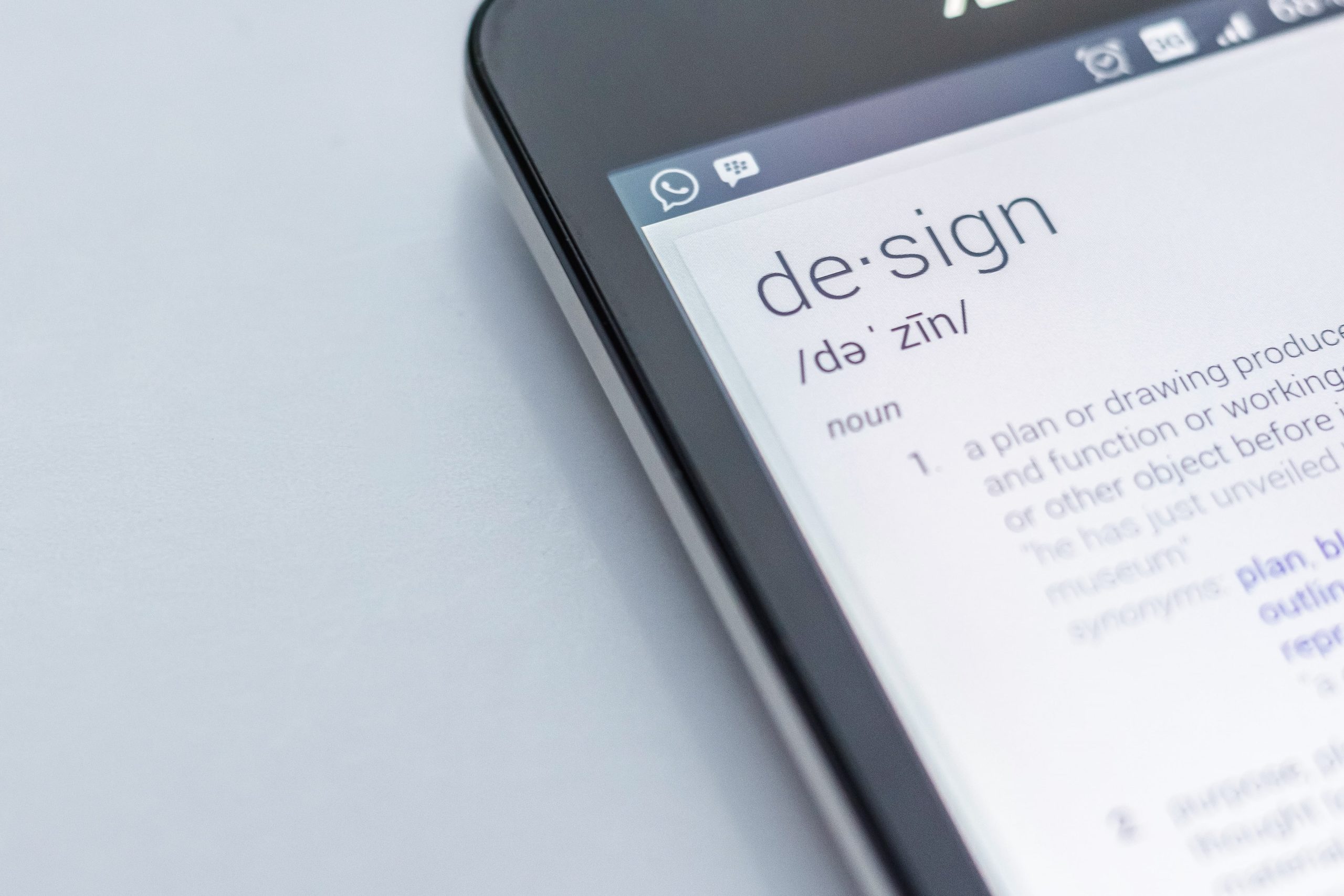Photo by Edho Pratama on Unsplash
Welcome everyone to our reading for June.
The TELedvisors SIG reading activity is intended to be a monthly ‘slow chat’ where you can engage with your peers and discuss a current topic related to educational technology. Each reading is intended to be not too long, be openly accessible and to support the ASCILITE SIG community.
Our facilitators this month are:
- Keith Heggart
- Wendy Taleo
- David Yeats
This month’s reading: ‘Exploring UDL’
This month, we’re going to focus on looking at Universal Design for Learning (UDL), as that’s a hot topic in higher education at the moment. It’s not new, especially to those of us who’ve worked in school education – but I’ve never seen it gain traction as much as I think it should!
This article by David Yeats (who might be joining us in the reading group) discusses the reasons for this – and more!
Exploring UDL – designing with everyone in mind (UTS LX blog, 18 May 2022)
Yeats, 2022
You can access the article in two ways:
- Link to add your annotations via hypothes.is :
- Direct link to the blog post: https://lx.uts.edu.au/blog/2022/05/18/exploring-udl-design-with-everyone-in-mind/
Provocations
- What are your experiences with UDL in your workplace?
- Do you think there are challenges preventing UDL from becoming more widespread in education going forward?
- Can you share an example of UDL that you’ve seen that was effective (or ineffective)?
In the interests of building our community as a reading group, why not share your responses:
- Annotate together. Sign up for hypothes.is and then use the link above.
- Go social: Twitter mostly but hey, you might have your own blog, be it in Mastodon, Instagram, Snapchat, TikTok or the next place!
- Tags: #TELedvisors #JuneChat
Bonus reading
Lister, K., & McFarlane, R. (2021). Designing for Wellbeing: An Inclusive Learning Design Approach with Student Mental Health Vignettes. Open Praxis, 13(2), pp. 184–200. DOI: https://doi.org/10.5944/ openpraxis.13.2.126
